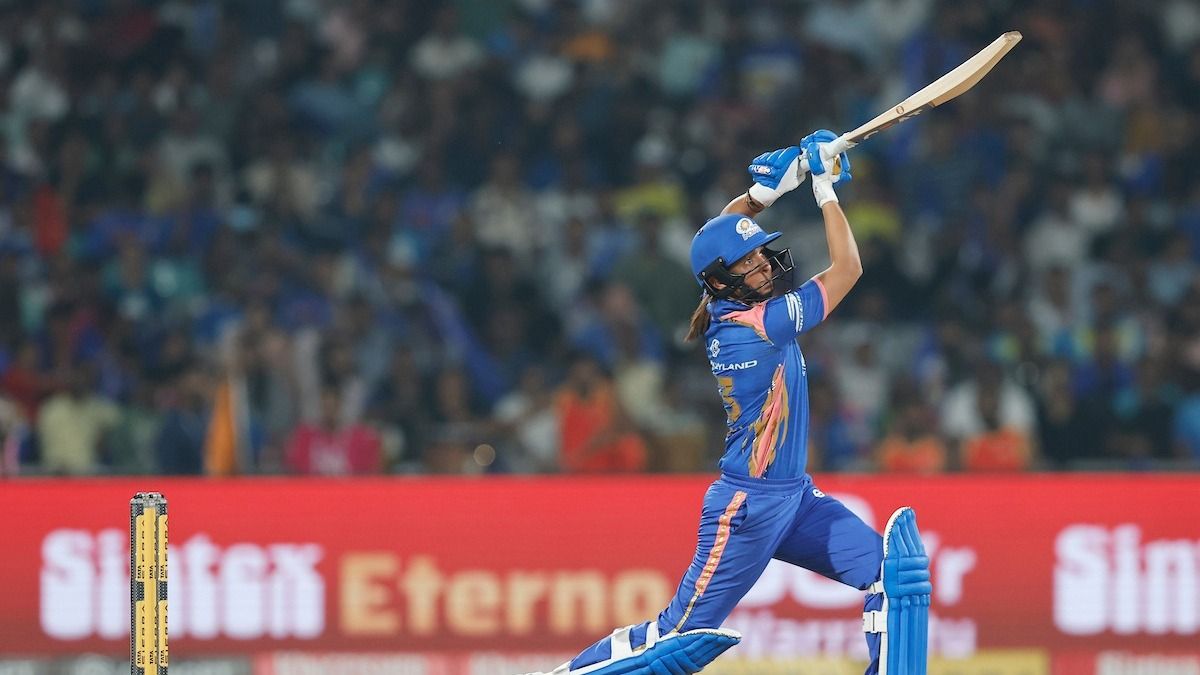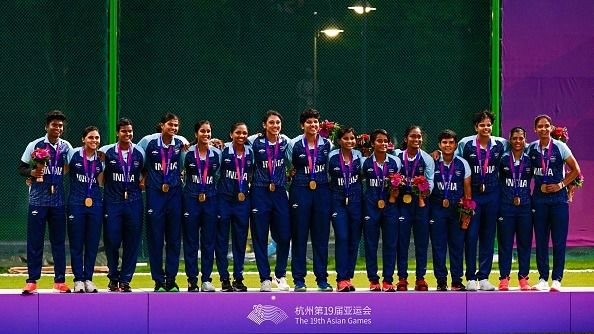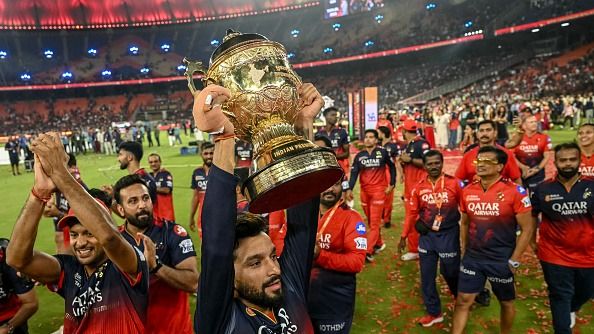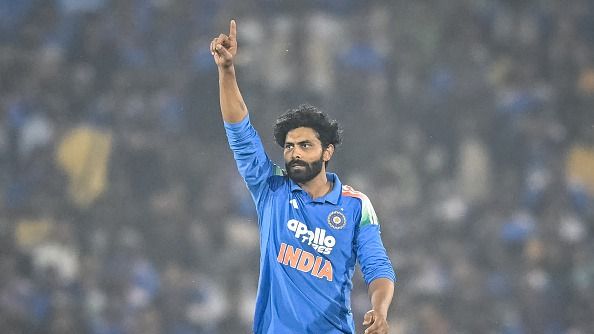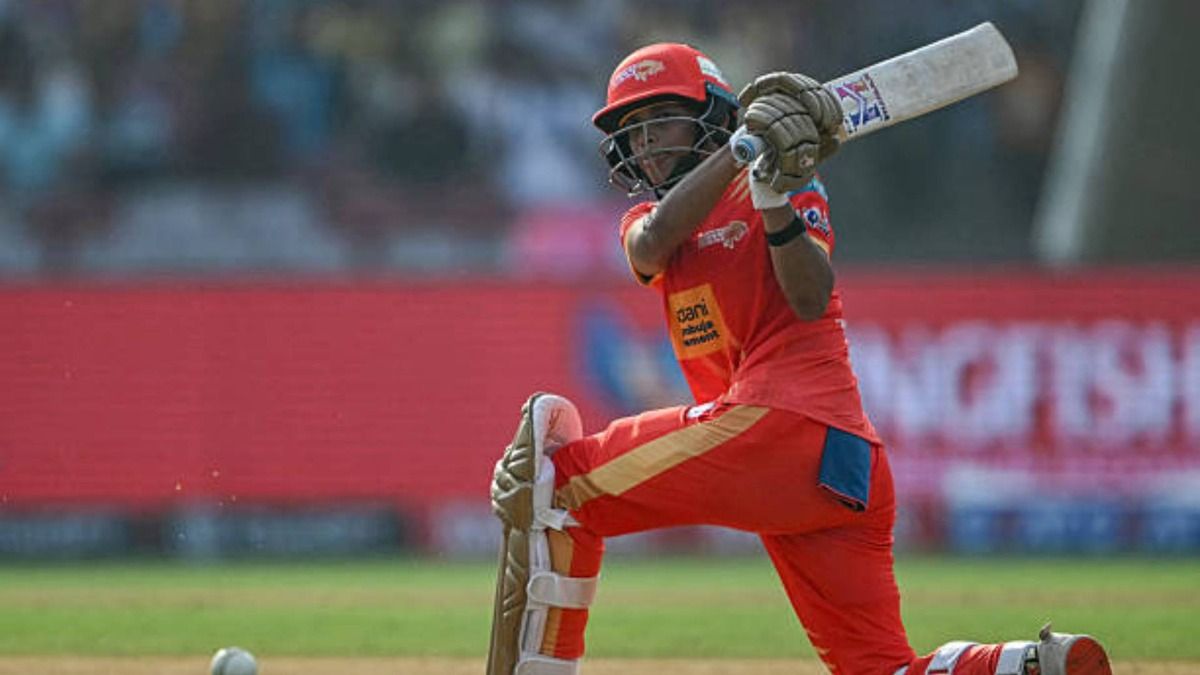About Ricky Ponting
Name
Ricky Ponting
Born
December 19, 1974
Age
51 Years, 00 Months, 25 Days
Birth Place
Australia
Role
Batter
Batting Style
Right Handed
Bowling Style
Right-arm medium
Ricky Ponting Profile
Ricky Ponting is a batter born on Dec 19, 1974. Ricky Ponting has represented several teams, including Australia, ICC World XI, Tasmania, Australia A, Surrey, Young Australia, Kolkata Knight Riders, Mumbai Indians, Somerset, Australian XI, Hobart Hurricanes, Antigua Hawksbills, Warnes Warriors, Ponting XI.
ICC Ranking Of Ricky Ponting
| Test | ODI | T20I | |
|---|---|---|---|
| Batting | 0 | 0 | 0 |
| Bowling | 0 | 0 | 0 |
Career Stats Of Ricky Ponting
 Batting Stats
Batting Stats
| Format | Test | ODI | T20I | IPL | First Class | List A | Domestic T20 |
|---|---|---|---|---|---|---|---|
| M | 168 | 375 | 17 | 10 | 121 | 81 | 31 |
| Inn | 287 | 365 | 16 | 9 | 207 | 80 | 27 |
| NO | 29 | 39 | 2 | 0 | 33 | 14 | 1 |
| Runs | 13378 | 13704 | 401 | 91 | 10772 | 2659 | 508 |
| HS | 257 | 164 | 98 | 28 | 233 | 113 | 65 |
| Avg | 51.00 | 42.00 | 28.00 | 10.00 | 61.00 | 40.00 | 19.00 |
| BF | 22782 | 17046 | 302 | 128 | 0 | 0 | 517 |
| SR | 58.00 | 80.00 | 132.00 | 71.00 | 0.00 | 0.00 | 98.00 |
| 100 | 41 | 30 | 0 | 0 | 41 | 4 | 0 |
| 50 | 62 | 82 | 2 | 0 | 44 | 17 | 3 |
| 6s | 73 | 162 | 11 | 2 | 0 | 0 | 14 |
| 4s | 1509 | 1231 | 41 | 5 | 0 | 0 | 34 |
 Bowling Stats
Bowling Stats
| Format | Test | ODI | T20I | IPL | First Class | List A | Domestic T20 |
|---|---|---|---|---|---|---|---|
| M | 168 | 375 | 0 | 0 | 121 | 81 | 31 |
| Inn | 36 | 5 | 0 | 0 | 47 | 7 | 2 |
| O | 97.00 | 25.00 | 0.00 | 0.00 | 153.00 | 33.00 | 2.00 |
| Mdns | 24 | 0 | 0 | 0 | 27 | 0 | 0 |
| Balls | 587 | 150 | 0 | 0 | 919 | 199 | 12 |
| Runs | 276 | 104 | 0 | 0 | 537 | 165 | 23 |
| W | 5 | 3 | 0 | 0 | 9 | 5 | 1 |
| Avg | 55.00 | 34.00 | 0.00 | 0.00 | 59.00 | 33.00 | 23.00 |
| Econ | 2.00 | 4.00 | 0.00 | 0.00 | 3.00 | 4.00 | 11.00 |
| SR | 117.00 | 50.00 | 0.00 | 0.00 | 102.00 | 39.00 | 12.00 |
| 5w | 0 | 0 | 0 | 0 | 0 | 0 | 0 |
| 4w | 0 | 0 | 0 | 0 | 0 | 0 | 0 |
 Fielding Stats
Fielding Stats
| Format | Test | ODI | T20I | IPL | First Class | List A | Domestic T20 |
|---|---|---|---|---|---|---|---|
| Catches | 196 | 160 | 8 | 4 | 113 | 34 | 9 |
| Stumps | 0 | 0 | 0 | 0 | 0 | 0 | 0 |
| Run Outs | 12 | 64 | 2 | 0 | 14 | 4 | 1 |
Debut/Last Matches Of Ricky Ponting
TEST MATCHES
Debut
Australia vs Sri Lanka on Dec 8, 1995
Last
Australia vs South Africa on Nov 30, 2012
ODI MATCHES
Debut
Australia vs South Africa on Feb 15, 1995
Last
Australia vs India on Feb 19, 2012
T20I MATCHES
Debut
Australia vs New Zealand on Feb 17, 2005
Last
Australia vs Sri Lanka on Jun 8, 2009















